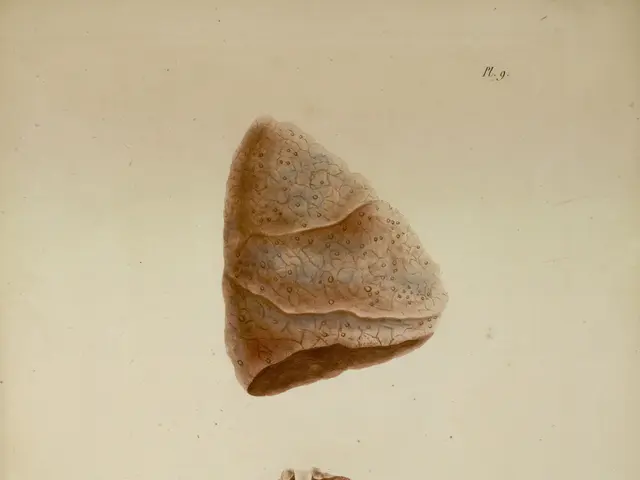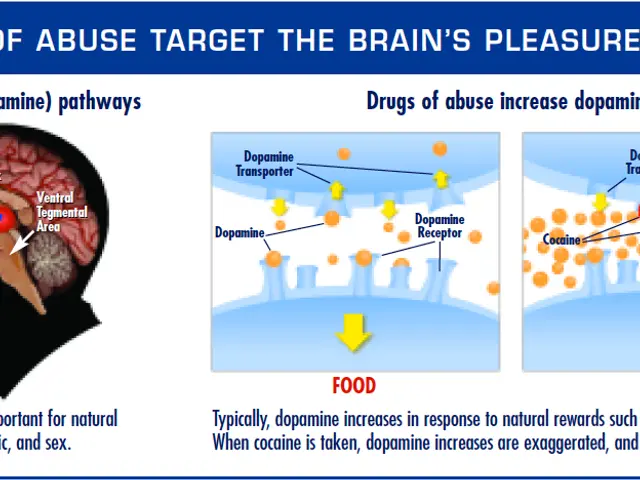Pulmonary Fibrosis on the Rise: Causes, Symptoms, and Early Detection
Pulmonary fibrosis, a severe lung condition, is increasingly prevalent. It's characterized by lung scarring and stiffness, making breathing challenging and oxygen intake difficult. Understanding its causes and symptoms is crucial for early detection and management.
Pulmonary fibrosis can stem from various factors. Environmental exposure to cigarette smoke, asbestos fibers, grain dust, silica dust, certain gases, and radiation can all contribute to its development. Some medications, like chemotherapy drugs, antibiotics, cardiac drugs, and biologic medications, may also raise the risk. Autoimmune diseases such as rheumatoid arthritis, lupus, scleroderma, and infections like bacterial and viral infections, including hepatitis C and herpes virus, can also lead to this condition. Researchers believe a combination of lung irritants, genetics, and immune system activity play key roles.
The most common symptoms include progressive shortness of breath, a persistent dry cough, fatigue, and sometimes digital clubbing. These arise due to the scarring and stiffening of lung tissue that impair normal lung function. Shortness of breath is typically the first symptom, followed by a dry, hacking cough, weakness, fatigue, and weight loss. Men between the ages of 40 and 70, smokers, or those with a family history are more likely to be diagnosed.
Pulmonary fibrosis is a serious condition that can lead to respiratory or heart failure if left untreated. Understanding its causes and symptoms is vital for early detection and management. If you experience persistent shortness of breath, a dry cough, or fatigue, consult a healthcare professional immediately.
Read also:
- FDA's Generic Mifepristone Approval Sparks Pro-Life Concerns Over Safety and States' Rights
- Understanding Child Development: Causes and Signs of Delays
- Pope Francis' New Book 'Let Us Dream' Offers Unity and Hope for Post-Covid World
- Stephanie Estremera Gonzalez: From Medical Assistant to Residential Manager at The Point/Arc








